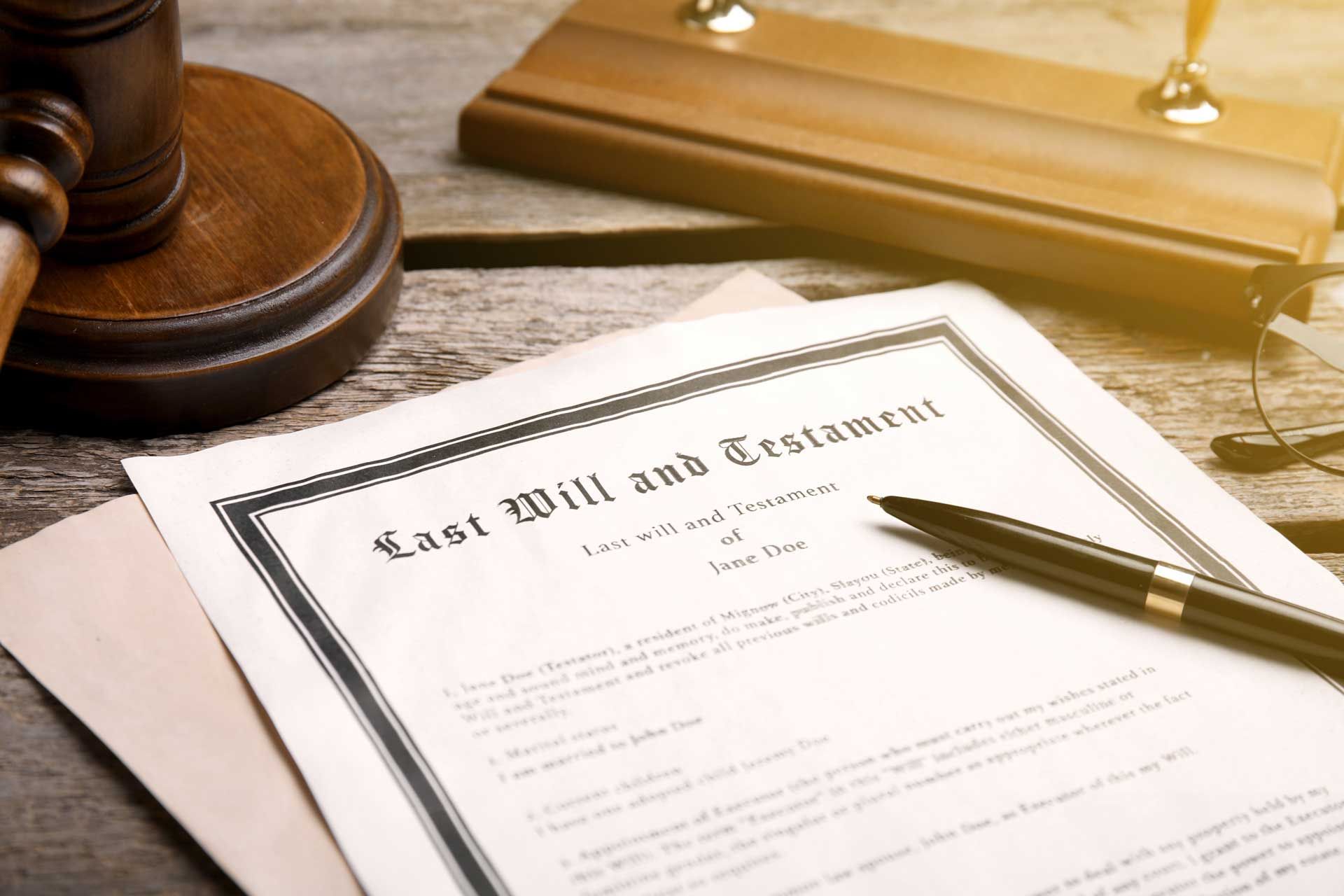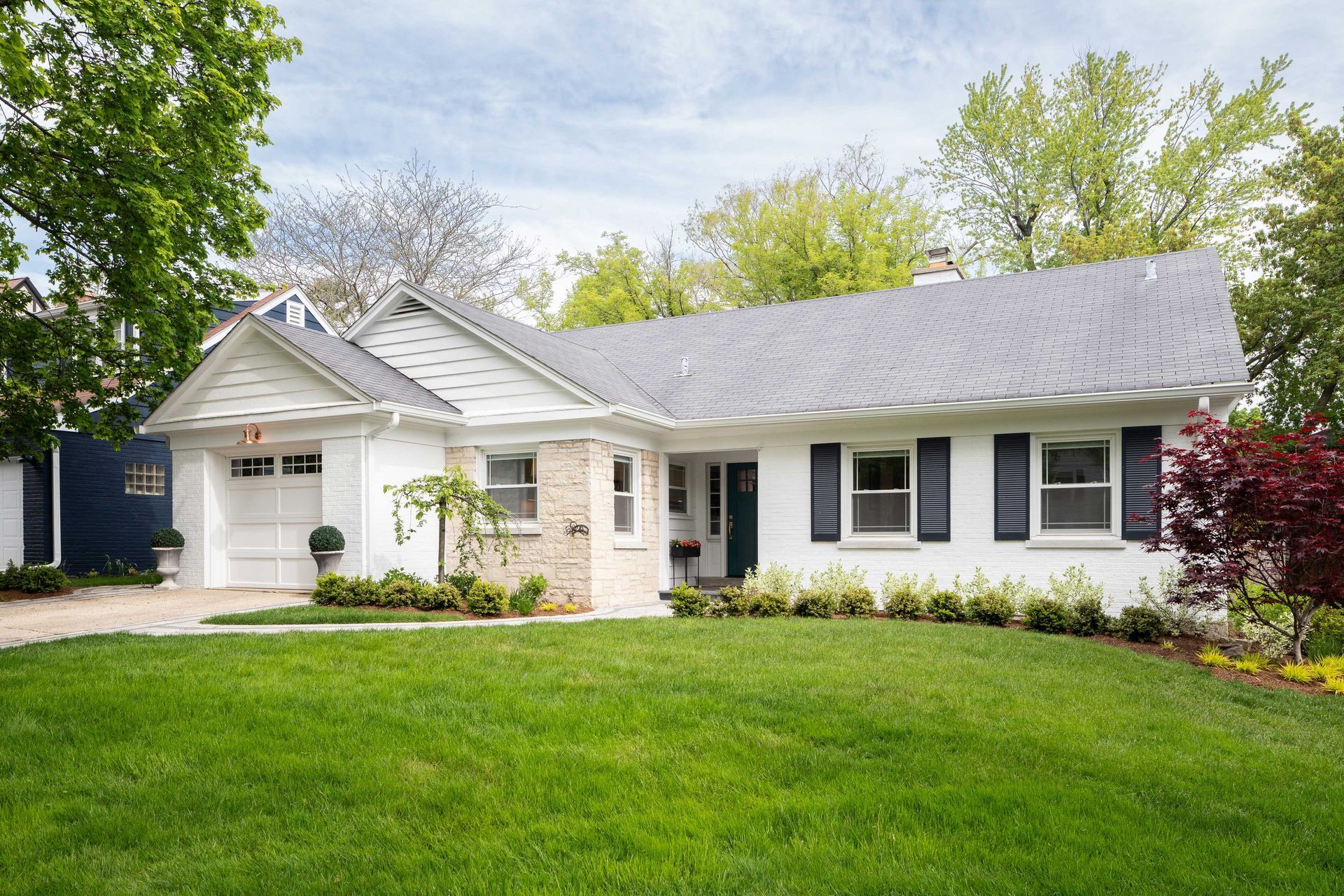Wills, Probate and Estate Taxes

There is much confusion about the relationship between Wills, probate, and estate taxes. This article will attempt to explain these subjects.
First, I will address the confusing topic of Wills and probate. If you die leaving a Last Will and Testament, and you own property that is just in your name (i.e. property not in joint ownership with someone else or set up in a beneficiary designated account), your Will must go through probate. There is a common misconception that a Will avoids probate. This is incorrect; a Will must go through the probate process. The probate court, which is a division of the Circuit Court, determines a Will’s validity and oversees the administration of the Will. So to summarize, if your estate plan consists only of a Will, then your estate will go into probate.
But what about the family who holds everything in joint ownership (either with spouses or children)? In that case, the Will does not operate to transfer the assets, since the joint ownership controls (so the estate is not required to go through probate). However, joint ownership is often a poor planning choice as the joint owner’s creditors and/or spouse could attach to your assets.
Finally, just what is probate and why does it have such a bad name? Probate is the process of a Will being filed at the courthouse, and an executor being appointed by the probate court. It is in essence a court supervised administration of your estate. This procedure involves lawyers, courts, fees (probate fees can be up to six percent of your estate value in Arkansas), and delays (minimum time for probate in Arkansas is six months). These are the primary reasons probate is so unpopular with the public. The process is also a public record so a nosy neighbor can check on your affairs!
What is the best solution to avoid probate? A living trust avoids probate; with none of the disadvantages of joint ownership (joint ownership assets with your children can be subject to their IRS liens, lawsuits or divorce claims). Living trusts have become increasingly popular as the costs to establish a trust are quite reasonable, especially when you factor in the savings you get from avoiding probate. At our firm, a typical living trust estate plan costs approximately $1,750.00 (for a single person), whereas a basic Will plan costs approximately $600.00. So even though the trust costs more on the front end, your family saves a lot of time and money by avoiding probate.
Next, there is confusion between “probate” and “estate taxes”. These are completely separate problems. Probate is a court supervised proceeding to transfer assets owned by a deceased person at death. Estate taxes are federal and state taxes levied on the total assets in a person’s estate (whether in a trust or a joint account or otherwise). In other words, a family can be faced with probate and no estate taxes, or estate taxes and no probate. The goal of a good estate plan is to avoid both probate and estate taxes. Many people think you only need a Trust if you have an estate tax problem, but as this article shows, probate is involved even when estate taxes are not.
What is the best solution to avoid estate taxes? First, only families with assets in excess of $12,060,000.00 (as of 2022) are subject to federal and state estate taxes. Secondly, if your family has a larger estate, and you are married, proper use of “A-B Trusts” can double your exemptions to $24,120,000 since both spouses have an exemption. However, under the current laws, the federal tax exemption is to fall back to $6.2 million at the end of 2025.
In summary, many people assume that since they have a Will, they will avoid probate. This is a common misconception. The goal of a good estate plan is to avoid both probate and also state and federal estate taxes.
Wesley Harris is an associate attorney at Farrar & Williams, PLLC and can be contacted at (501) 525-4401 or emailed at wesley@farrarwilliams.com. Wesley can answer any questions you have about this subject.










